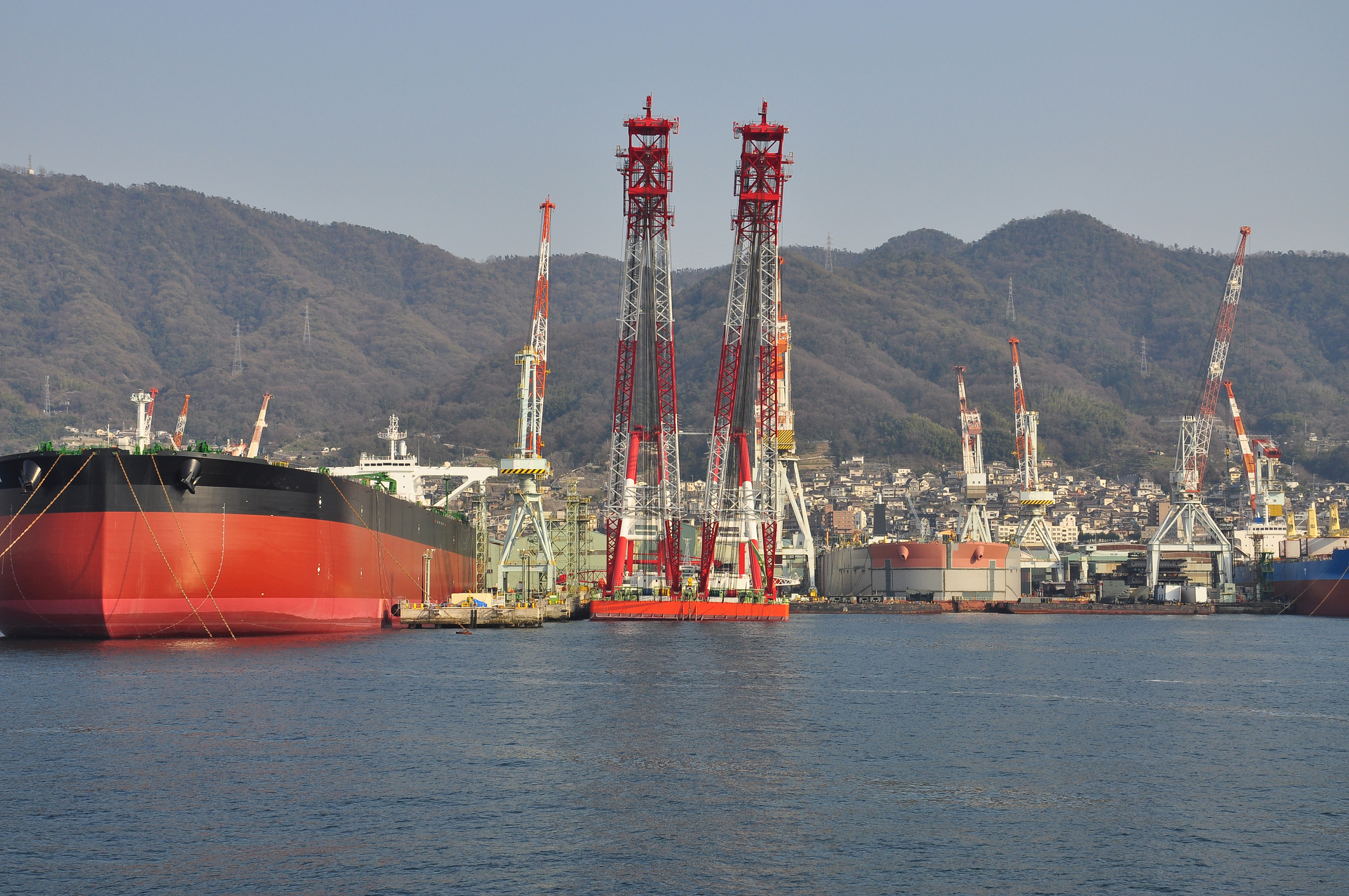Japan’s once-dominant shipbuilding industry was eclipsed by South Korea and China during the last years, leading to a significant reduction in domestic production capacity.
The government and ruling Liberal Democratic Party (LDP) plans to regain market share lost due to Chinese and South Korean competitors by revitalizing the domestic shipbuilding industry.
It lost more than half its market share, which has hovered around 15-20%, to a current estimate of 8% of new orders.
In response to this alarming trajectory, the LDP prepared an urgent proposal, calling for the establishment of a government-led fund that would “enable investments of 1 trillion yen (around $6.55bn) or more.”
The government is aiming to boost shipbuilding capacity to about 18 million gross tons by around 2035, after decades of declining market share.
The LDP plans to create a fund of more than 1 trillion yen to support the shipbuilding industry. By showing its readiness to invest its money, Japanese shipbuilders are calling for the fund’s early launch to support the shipbuilding industry through large-scale investments.
They are calling for the doubling of shipbuilding capacity and new investments in technology (advancing digital development and increase use of new technologies such as robotics). The industry is also proposing to return to the LNG carrier construction segment.
Furthermore, they urge the government to consider measures to eliminate or mitigate the domestic and international steel price differential that causes differences in ship prices compared to major shipbuilding competitors (measures to support elimination of price differentials when using Japanese steel).
One of the reasons why ship prices in Japan are said to be approximately 20% higher than in China is the large difference in steel prices, which account for approximately 30% of construction costs.
As the United States gains momentum toward revitalizing its domestic shipbuilding industry, Japan’s shipbuilding industry has long been exposed to an “unfair international competitive environment.”
To counter these challenges, Japan is implementing bold reforms in shipbuilding industry and is launching its most ambitious revival plan in decades.
For Japan, international maritime transport is vital because it relies heavily on the sector for its daily life and economic activity. On the other hand, 60% of the transport is carried by the Japanese merchant fleet.



